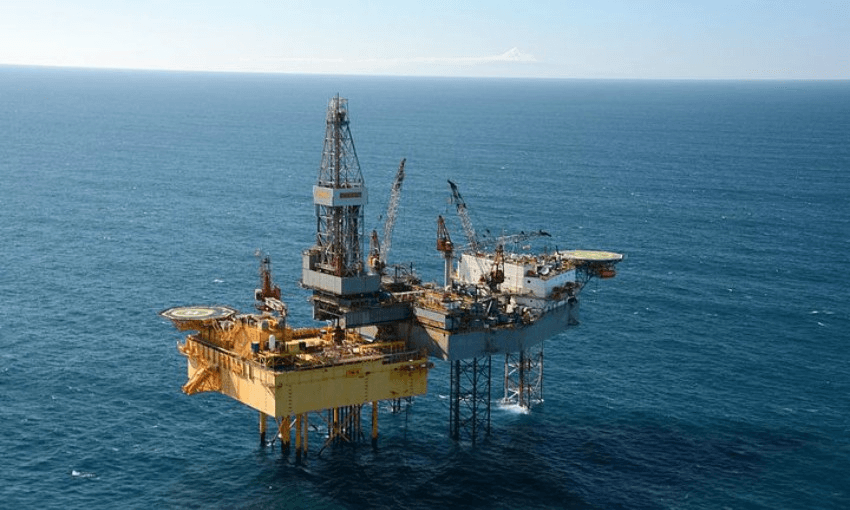Submissions on the proposed law to end new offshore oil and gas exploration have revealed a host of problems, says Cameron Madgwick, CEO of the Petroleum Exploration and Production Association of NZ.
The phrase “a week is a long time in politics” seems very timely after a week of hearings on the proposed law to end new offshore oil and gas exploration.
Just one week was allowed for public hearings as it was rammed through parliament’s Environment Select Committee. As we said in our submission: “That you attempt to rush it through gives the impression you are not proud of what you are doing.”
While many people were distracted by other issues in politics, we learned a few things listening to the public submissions.
We now know that removing natural gas will increase electricity prices and the cost of living for all New Zealanders.
We learned that no analyst has agreed with the government’s assertion that ending domestic oil and natural gas production will lower global greenhouse gas emissions. No evidence exists for the claimed lower overall emissions, and more than likely it will increase emissions.
From bill proponents, they hope that new and as yet unfound technologies might suddenly emerge to replace the oil and gas that New Zealand uses. However, oil and natural gas provide 60% of New Zealand’s overall energy use. The technological advances and investment required to replace this will be massive and extremely expensive.
We now know the analysis conducted by government officials showing the most-likely cost of $7.9 billion is in fact robust, despite being smeared and questioned by some politicians as too vague. If anything, it’s an underestimate as it’s just the cost to the Crown from lost royalties and taxes. It doesn’t include wider economic impacts like jobs and investment.
We learned that a reliable and long-term natural gas supply is essential for renewable electricity generation. Renewable electricity has lower emissions – but it depends on enough rain falling each year, which doesn’t happen one year in five.
Similarly, the wind only blows about 35% of the time. Natural gas or coal is then required, and gas is a lot cleaner of the two. Importing natural gas would be more expensive because it would be both intermittent and urgently required.
For those hoping for more jobs in the regions, we were told there are very real prospects for major oil and natural gas finds off the east coast of the South Island and Southland. This ban ends any chance of those finds giving a massive boost to the economies of those regions.
And we learned that the existing jobs of thousands of working New Zealanders have been put at risk. At the select committee, the lobbyists and activists did most of the talking, but the voices of those most affected were not prioritised. The submissions process has been sped up and the committee voted against holding hearings in Taranaki.
We now know that the rushed and closed-off decision-making behind the ban has damaged New Zealand’s ability to attract the international investment we depend on for economic growth.
A week is a long time, but the implications for New Zealand will last for decades.

